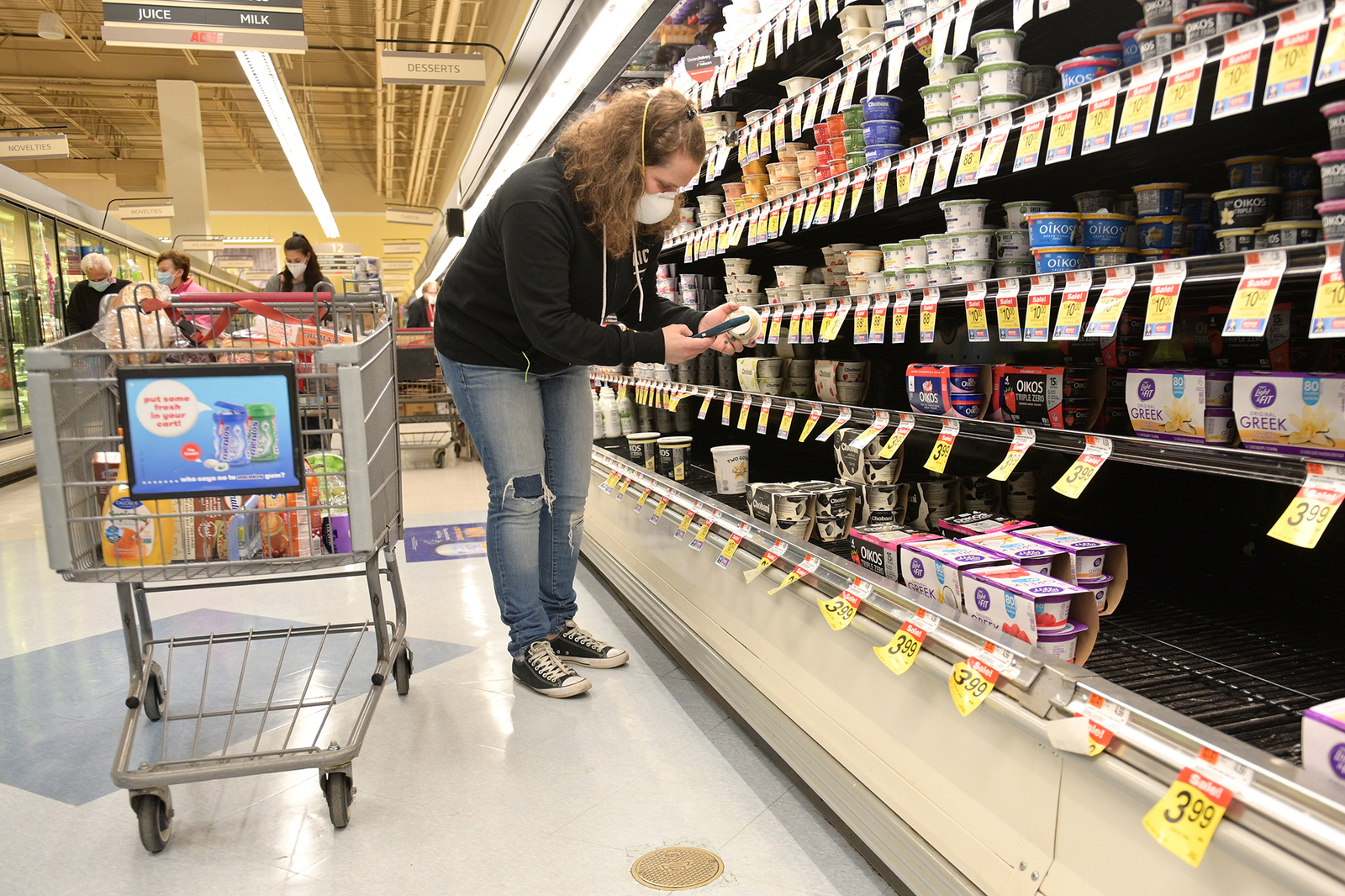Online grocery delivery company Instacart slashes valuation after pandemic revenue rises as tests show drop in COVID 19 cases
On Thursday, the 10-year-old private start-up informed its 3,000 company employees that it was revising its valuation to $24 billion, citing market conditions.
A spokesperson for Instacart said in a statement to CNN Business Friday that the company is “confident in the strength of our business, but we are not immune to the market turbulence that has impacted large technology companies both public and private”.
SEE ALSO | School cafeterias brace for end of COVID-era free lunches
“We can’t control the market, but we can control how we react,” the spokesperson added, noting that staff members have been briefed on changes to equity in response to the new assessment. “Markets go up and down, but we’re focused on Instacart’s long-term opportunity to power the future of grocery with our partners.”
Instacart cited Shopify, Meta and DoorDash, all of whose shares are down significantly from their highs of last year. Separately, the company acknowledged in late February that its market was stabilizing after a busy holiday season at the peak of pandemic-fueled demand. The company said at the time that orders were up 30% last year from a year earlier and demand remained high.
The news, first reported by Bloomberg, comes the same week Instacart announced new services for retail partners, including a foray into 15-minute deliveries in partnership with select grocers, starting with Publix.
Instacart is widely believed to be considering an IPO. In an interview with CNN Business earlier this week, Instacart CEO Fiji Simo declined to comment on the timing of the public market debut, but said, “We plan to go public at some point and I really wanted to make sure that, as we think about it, we really attract investors who understand the company’s vision.”
Simo left her role as vice president of Facebook and head of the company’s flagship app to take over as CEO of the startup last summer.
(The-CNN-Wire & 2021 Cable News Network, Inc., a Time Warner company. All rights reserved.)


Comments are closed.